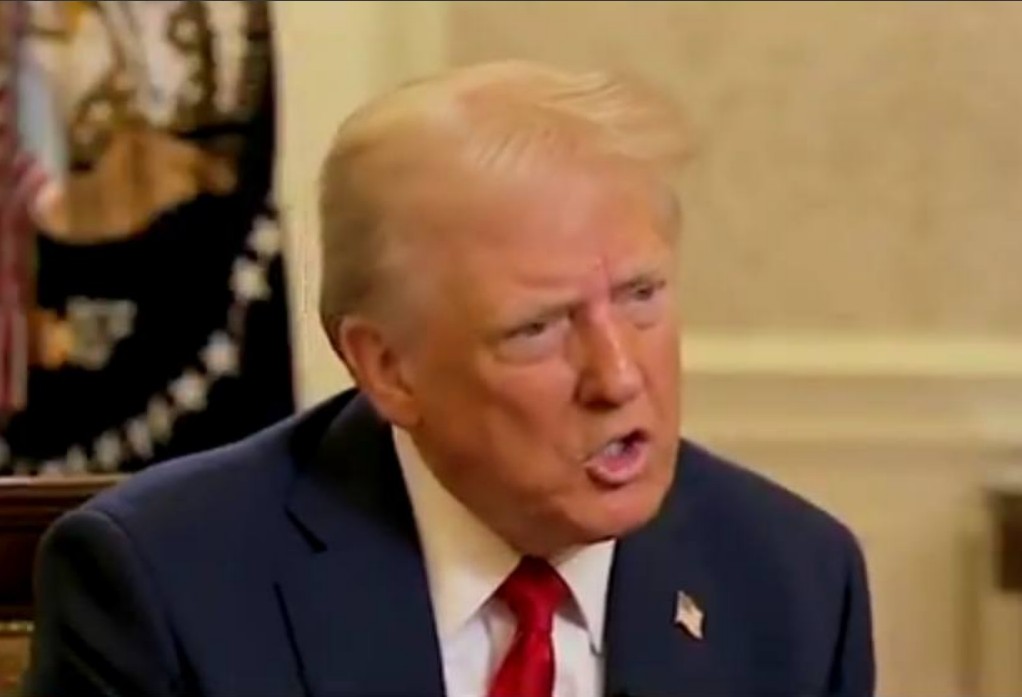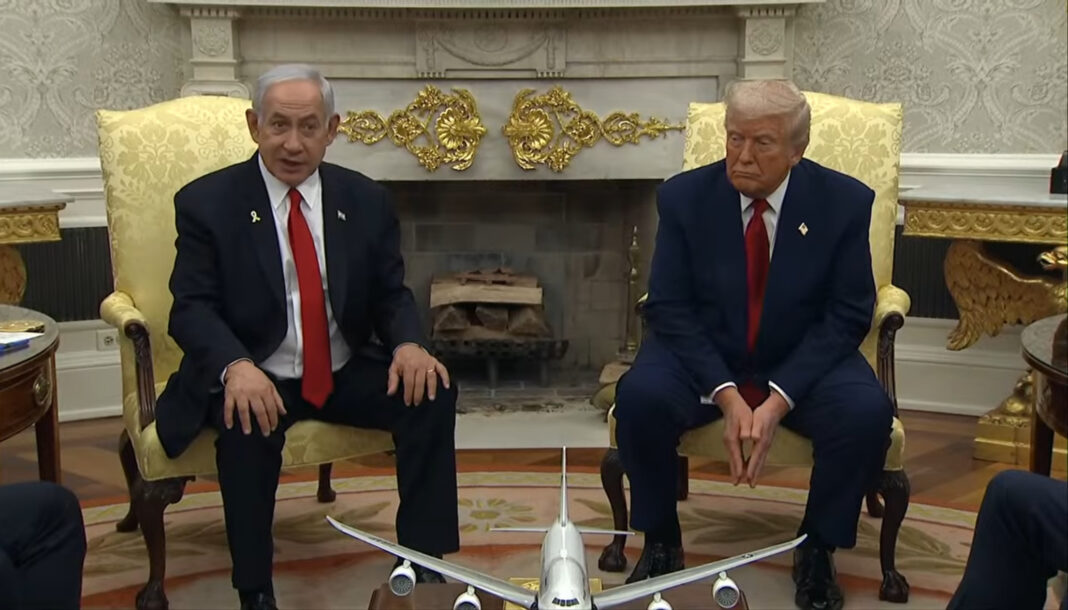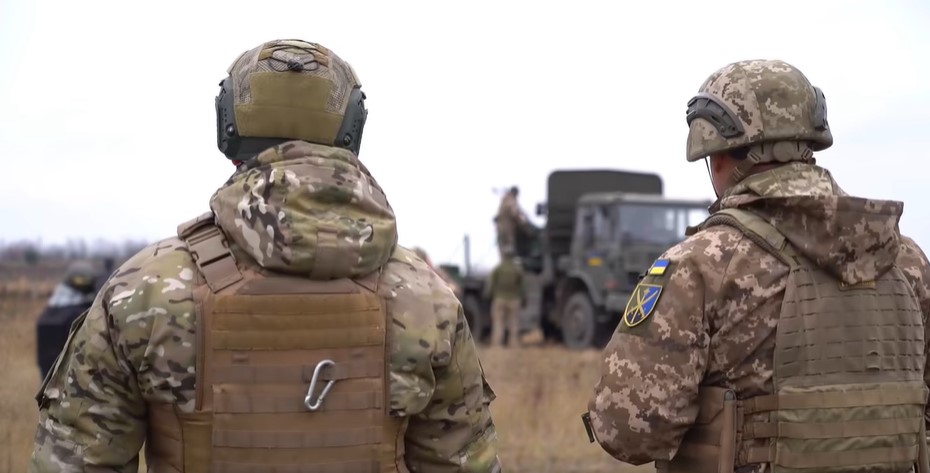On April 7, 2025, President Donald Trump hosted Israeli Prime Minister Benjamin Netanyahu in the Oval Office, marking Netanyahu’s second visit to the White House since Trump’s return to office. The meeting addressed critical issues, including recent U.S. tariff implementations, the ongoing Gaza conflict, and diplomatic engagements with Iran.
U.S. Tariff Policies and Israel’s Response
President Trump recently introduced extensive tariffs affecting numerous countries, with Israeli goods facing a 17% tariff under this new policy. During the meeting, Prime Minister Netanyahu committed to eliminating Israel’s $7.4 billion trade deficit with the United States and removing all trade barriers on American goods. He expressed confidence in swiftly addressing these economic disparities, stating, “We intend to do it very quickly. We think it’s the right thing to do, and we’re going to also eliminate trade barriers.”
Despite Netanyahu’s assurances, President Trump did not confirm any immediate exemptions for Israel from the newly imposed tariffs. He emphasized the need for equitable trade relationships, remarking, “We’ve been ripped off and taken advantage of by many countries over the years, and can’t do it anymore.”
Gaza Conflict and Hostage Negotiations
The leaders also discussed the ongoing conflict in Gaza, focusing on the status of Israeli hostages held by Hamas. Prime Minister Netanyahu highlighted efforts to negotiate a new hostages-for-ceasefire deal, affirming, “We’re committed to getting all the hostages out.” This dialogue occurred amidst renewed Israeli military actions in Gaza, which have resulted in significant casualties and disrupted previous ceasefire agreements.
U.S.-Iran Nuclear Negotiations
In a notable development, President Trump announced plans for direct talks with Iran concerning its nuclear program, scheduled to commence on April 12. He issued a stern warning to Tehran, stating that failure to reach an agreement would place Iran in “great danger.” However, Iranian officials contended that the negotiations would be indirect, facilitated through a mediator in Oman. Iranian Foreign Minister Abbas Araghchi confirmed the indirect nature of the talks, emphasizing the opportunity to test U.S. intentions.
International Trade Relations and Tariff Escalations
President Trump reiterated his commitment to addressing trade imbalances, particularly with China. He threatened an additional 50% tariff on Chinese imports if Beijing did not withdraw its 34% retaliatory tariffs by April 8, potentially escalating U.S. tariffs on Chinese goods to a cumulative 104%. China responded firmly, vowing to “fight to the end” against U.S. tariff actions.
The European Union proposed a “zero-for-zero” tariff arrangement on industrial goods, including automobiles, pharmaceuticals, and machinery, aiming to deescalate trade tensions. This proposal harkens back to negotiations from the halted Transatlantic Trade and Investment Partnership during Trump’s first term.
Defense Budget and Military Preparedness
Addressing national defense, President Trump announced the approval of a defense budget nearing $1 trillion. He underscored the necessity of military strength in the face of global threats, stating, “We very much have to build up our military. We have to be strong because right now, there are a lot of bad forces out there.”
The meeting between President Trump and Prime Minister Netanyahu underscored the complexities of international diplomacy, trade negotiations, and security concerns, reflecting the multifaceted challenges facing the United States on the global stage.




